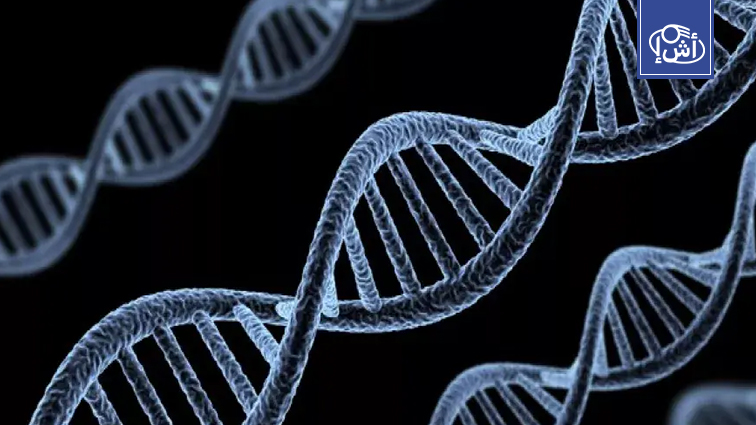Scientists studying the case of a Colombian family suffering from a devastating hereditary form of Alzheimer’s disease have discovered a rare genetic mutation that delays the onset of symptoms by five years.
This discovery opens new horizons for potential treatments and provides hope in the fight against this disease that steals the mind.
“It opens up new horizons,” said Yakel Kayrouz, a neuropsychologist from Massachusetts General Hospital who co-led the study published on Wednesday. “There are certainly opportunities to copy or imitate the effects.”
A few years ago, scientists discovered an interesting case within a large Colombian family suffering from early-onset Alzheimer’s disease, where the disease affected half of its members in their prime, but one of the family members, Aliria Piedrahita de Villegas, defied her genetic fate despite inheriting the genetic defect that caused the disease. Her relatives developed dementia in her 40s, but she remained cognitively healthy and had only mild cognitive problems when she was in her 70s.
The reason for her ability to defy genetic danger is a rare genetic variation, as she has two copies of an unusual gene called APOE3, and this gene has a specific mutation known as “Christchurch.” This rare genetic setting appears to protect against Alzheimer’s disease, significantly delaying its onset.
Inspired by this finding, Kairouz’s team conducted a large study in which they tested more than 1,000 extended family members and identified 27 people who carried one copy of the “Christchurch” variant.
The study found that those with one copy of the Christchurch variant began to suffer from thinking and memory problems at approximately the age of 52, five years later than their relatives who did not have the mutation.
Dr. Eliezer Masilia of the National Institute on Aging said that modifying one of the mutations could be really useful, at least in delaying the development of the disease.
Dr. Kayrouz noted that there is still a lot to learn about how this rare genetic variant affects Alzheimer’s disease.
Artificial intelligence may detect Alzheimer’s
